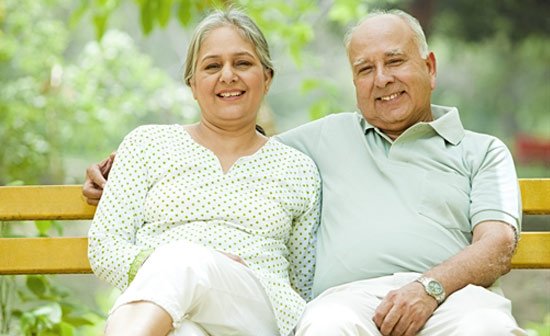Healthy Ageing: Why and How?
Geriatric care management is the process of planning and coordinating care of the elderly with physical and/or mental impairments to meet their long term care needs, improve their quality of life, and maintain their independence for as long as possible.
According to the Census of India, the number of senior citizens was approximately 7.6 crore in 2001. The number increased to 10.4 crores in 2011 and is expected to grow to 17.3 crores by 2025 and 24 crores by 2050. In the last two decades, there has been a significant increase in the number of elderly persons, who amount to over 8 per cent of the population in India today. Due to the availability of better healthcare services, this demographic transition is on the rise.
The withering away of the joint family has resulted in an unintended and unfortunate consequence – the slow neglect of the elderly. There is a pressing need to pay attention to the well-being of the elderly. Diseases and disorders such as Alzheimer’s, Parkinson’s and dementia are on the rise. With changing, lifestyles, prevalent in the western world are fast emerging in India. However, there is a lot to be desired when it comes to the infrastructure and support system for seniors in our country.
Elderly are a special population with specific problems, needs and hence need customized solutions.
Common problems faced by ageing adults include :
- mobility limitation
- frailty
- undernutrition
- cognitive impairment
- hearing and visual impairment
- depression
- dementia
- urinary incontinence
- risk of falls
- risk of infections
- Multiple chronic illnesses and Polytherapy
- and above all dependence on others for their needs.
This ageing adult, who was once capable of taking care of all people around, suddenly starts being at the mercy of other members of the household and depends on them for every need.
It has rightly been said that an old man is like a child. Hence caring for this elderly population is the responsibility of society. A society is measured by how it cares for its ageing population. Elderly people deserve the highest respect, and this includes quality healthcare, to allow for the best quality of life for the people who have helped build the society we currently enjoy.
However, health services are often designed to cure acute conditions or symptoms and tend to manage health issues in disconnected and fragmented ways that lack coordination across care providers, settings and time.
Health systems need to be transformed so that they can ensure affordable access to evidence-based medical interventions that respond to the needs of older people and can help prevent care dependency later in life.
WHO defines healthy ageing as “the process of developing and maintaining the functional ability that enables wellbeing in older age.” Functional ability is about having the capabilities that enable all people to be and do what they have reason to value.
The new decade deserves a new approach and mindset towards “Healthy Ageing”

